When Darkness Falls at Park Theatre: An interview with star Alex Phelps
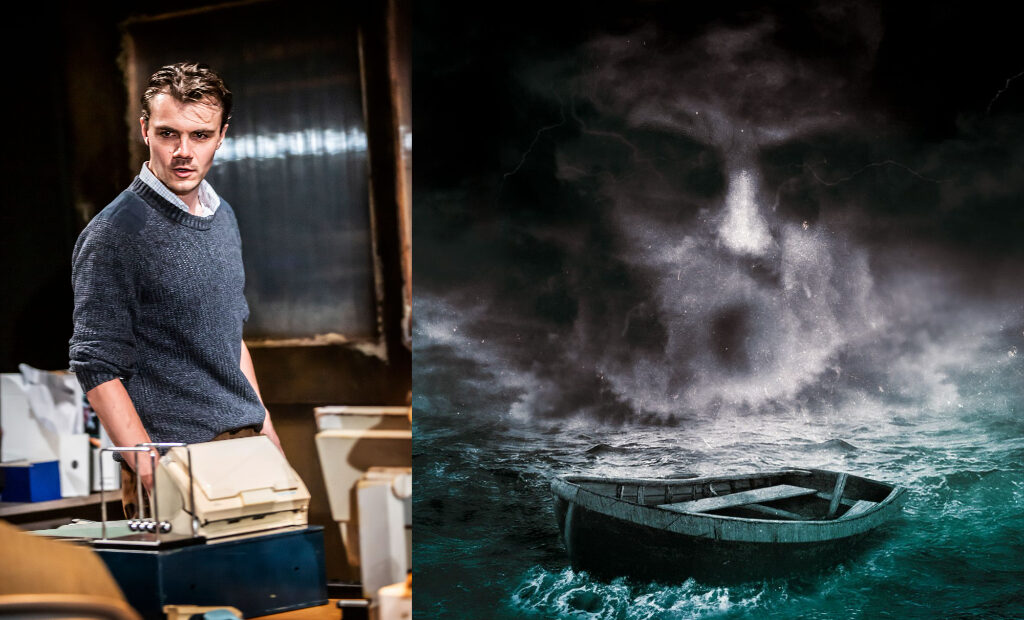
Alex Phelps, graduate of Manchester School of Theatre, has been performing on stage and screen for eight years. Before the pandemic, he received critical acclaim in his comedic turn as the natural fool Sir Andrew Aguecheek in Shakespeare’s Twelfth Night. Now, post-lockdown, he returns to the stage as The Speaker, opposite Will Barton, in the ghost thriller When Darkness Falls at the Park Theatre. During the run, and before he embarks on a UK tour with the production, Alex spoke with The Upcoming about theatre, magic, his current role and what the future has in store.
What was your first memory of the theatre?
Appropriately my first memory of theatre was The Woman in Black. I saw it on a school trip at my local theatre, Theatre Royal Windsor. It was so much fun and scary. Chairs could move on their own – the tension was incredible. It captivated me, made me jump and was performed brilliantly.
What motivated or inspired you to become an actor?
I’m not sure there has been any one moment. I grew up in Slough and there were no local drama societies for me to get involved with, I really hope that’s changed now. I fell in love with cartoons at an early age and loved the timing, the fun and the brightness of them all. I think I wanted to be in one, which led to a bit of a performative nature. I would act out various moments from Road Runner & Wile E Coyote: running into a wall, etc. It hurt, but it got a laugh and that’s what mattered! It grew and grew from there. Perhaps that’s a strange answer. Another part of me is in madly in love with language, with Shakespeare, with observation, animating stories and bringing them to life as truthfully as I can. It’s my craft and I love it. I also work very hard at it – I must be truthful with that.
Prior to When Darkness Falls, what has been your most memorable experience on-stage and why?
I was fortunate to have been involved in a production of Twelfth Night. I played Sir Andrew Aguecheek, one of Toby Belch’s gang who cruelly trick Malvolio. We performed it in the summer of 2019 in York in a pop-up Shakespeare’s Globe, a huge 900-seat venue. I’m in love with comedy: the timing, the craft, the brilliance of it. The laughter from the audience and the creative team in that show will stay with me for a very long time.
What did you find yourself doing when theatres were locked down during the Covid pandemic?
It was such a strange time and still is – we mustn’t forget that. In the early days of the pandemic, I spent a lot of my time in uncertainty. I watched my industry close overnight, which brought about much anxiety and worry, wondering would it ever come back again. I can only imagine the journey for all those actually running the theatres – the decisions they’ve had to make. It has taken great courage to have negotiated the last 18 months. I decided to create some routines for close-up magic – I’ve been a hobbyist magician for the last 17 years and I love it; I very rarely perform it and have never made any money from it, but it’s been a very private and quiet comfort to pick up a deck of cards and create illusions with them, trying to get better at sleight of hand. That’s kept me creative.
How did you come across When Darkness Falls?
In January 2020 I had been asked to take part in a day’s R&D for it. I had a brilliant time. There’s a lot of language within the play, particularly for [my role] The Speaker, so it was lovely to begin to unpick some of it and focus on the relationship with John, the other character in the piece. Then, of course, March 2020 happened. The world ended and that was that. 18 months later here we are, in a run at the Park Theatre, in such a time of uncertainty, I must say thank you to Paul and Chris for keeping me on and not deciding to recast, which they could have easily done. I’ll always be grateful to them for that.
What was the audition process for the role of The Speaker?
Amazingly, I didn’t have to audition. I was offered the role from my work with the R&D. Wonderful!
How long was the rehearsal process and what techniques did you use to explore your role and the relationship with Will Barton’s character, John Blondel?
We had three weeks of full-time rehearsals. I decided to start work on the play two weeks prior to that as The Speaker has a huge amount of language. I decided early on to use the techniques I’d gathered from working on various Shakespeare’s to pick apart the text. I’ve applied antithesis, thought structures, caesuras, enjambment, key word energy, spotted the alliteration and the onomatopoeic patterns to allow the piece to come alive… Otherwise, it can become a little too dense for an evening out – that was my fear anyway. Then I had the utter pleasure of meeting Will, my scene partner. I’m incredibly lucky to work opposite a very generous, warm and good-humoured actor. His work is incredible and we bounce off each other really well. I’m very grateful to have built the relationship between the characters with him and shared the space with him.
How different, if at all, have you found working on a two-hander as opposed to working in a larger-cast production?
In a larger cast, I suppose some of the pressure is off. You will at least get to leave the stage or the text is more spread amongst the differing characters. In a two-hander, it’s just us and, once we begin, neither of us really leave the space, so we rely on each other to get the other through. Neither of these characters can exist without the other; otherwise, there is no play, so both of us, as actors, have to focus on the other. It’s always about the person opposite. I’m lucky it’s someone as brilliant as Will.
What has been your favourite thing about working on When Darkness Falls?
The magic. It’s purely a coincidence that I love magic and so I’ve been thoroughly geeking out about the illusions in the show. John Bulleid has done a phenomenal job working closely with Beth and Justin to bring objects to life. That’s been a pleasure to see – such positive collaboration. Theatre can often be the best place for that.
What will audiences love about When Darkness Falls?
It’s storytelling in its purest form, with illusions, magic, beautiful atmospheric lighting, a phenomenal set and sensational soundscapes. It’s theatre. Returned.
What future projects do you have planned after When Darkness Falls?
I head off to film for ten days with the BBC and then on to another project after that. Then, who knows? It’s in the stars.
Francis Nash
For further information about When Darkness Falls or to book tickets visit here.
Read our review of When Darkness Falls here.
Watch the trailer for When Darkness Falls here:

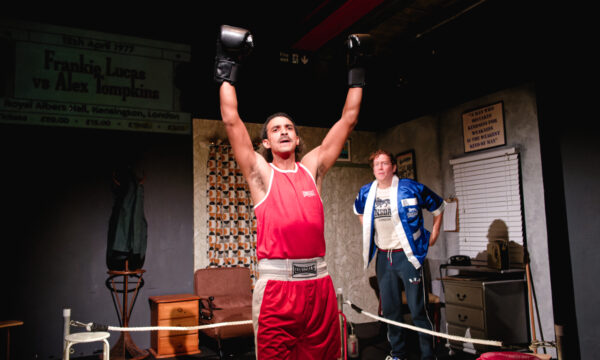
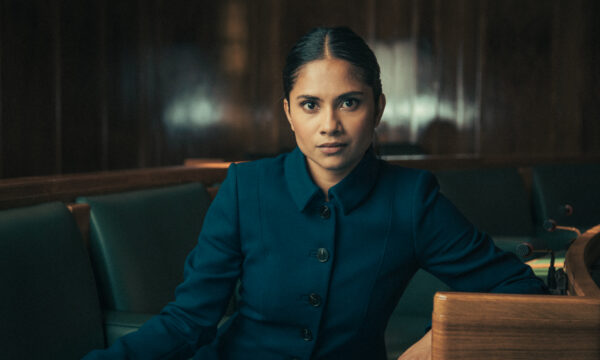
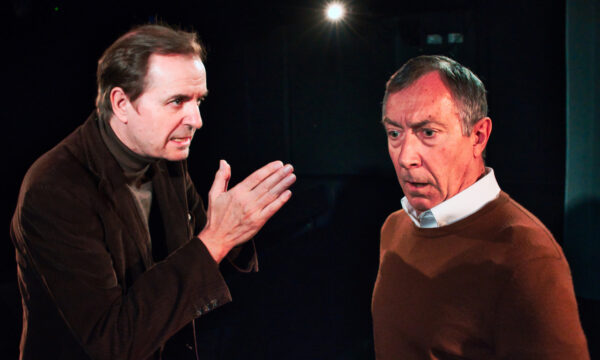
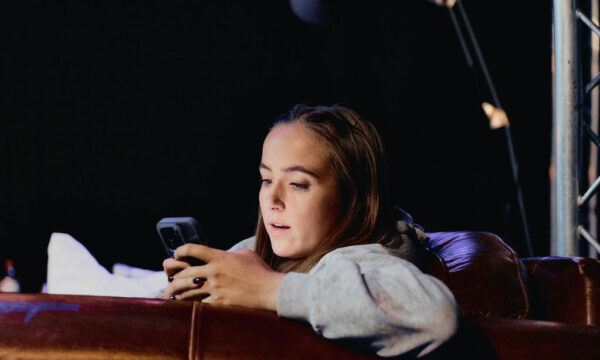
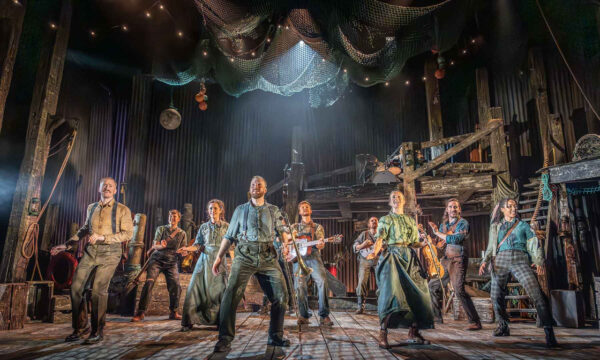
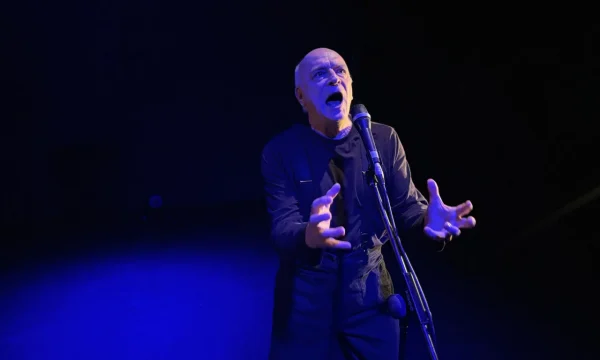
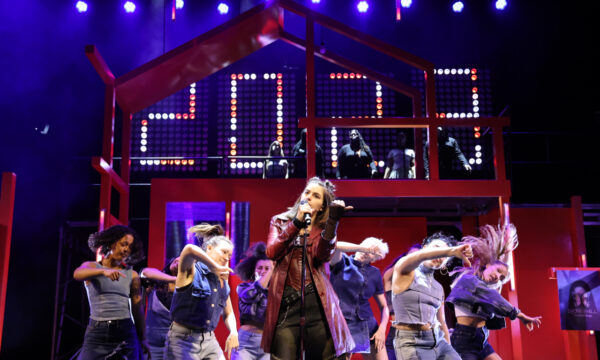
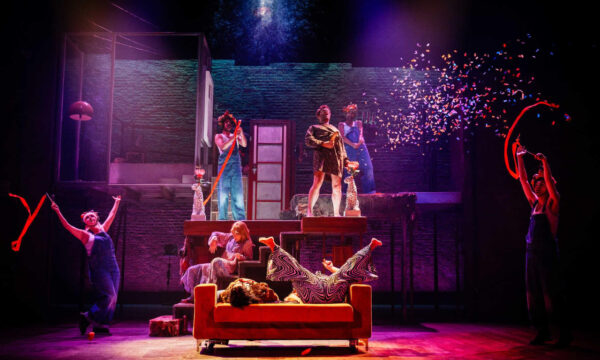
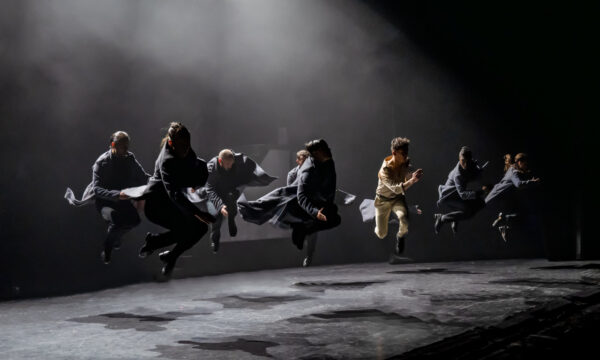












Facebook
Twitter
Instagram
YouTube
RSS